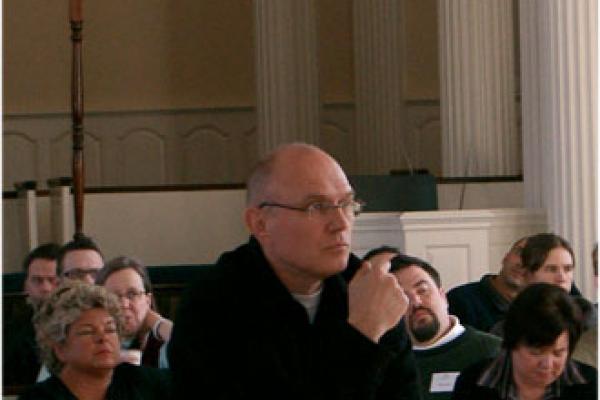Apr 11, 2012
An interconnected, interdependent world means a greater intermingling of faiths and the possibility for conflict. We’ve seen it in the United States in anti-Shariah legislation and the recent atheist Reason Rally.
Theologian Miroslav Volf, director and founder of the Yale Center for Faith and Culture, argues that globalization and the resurgence of faith in the United States increases the need for pluralism in public life.
Read the Full Article

Already a subscriber? Login
